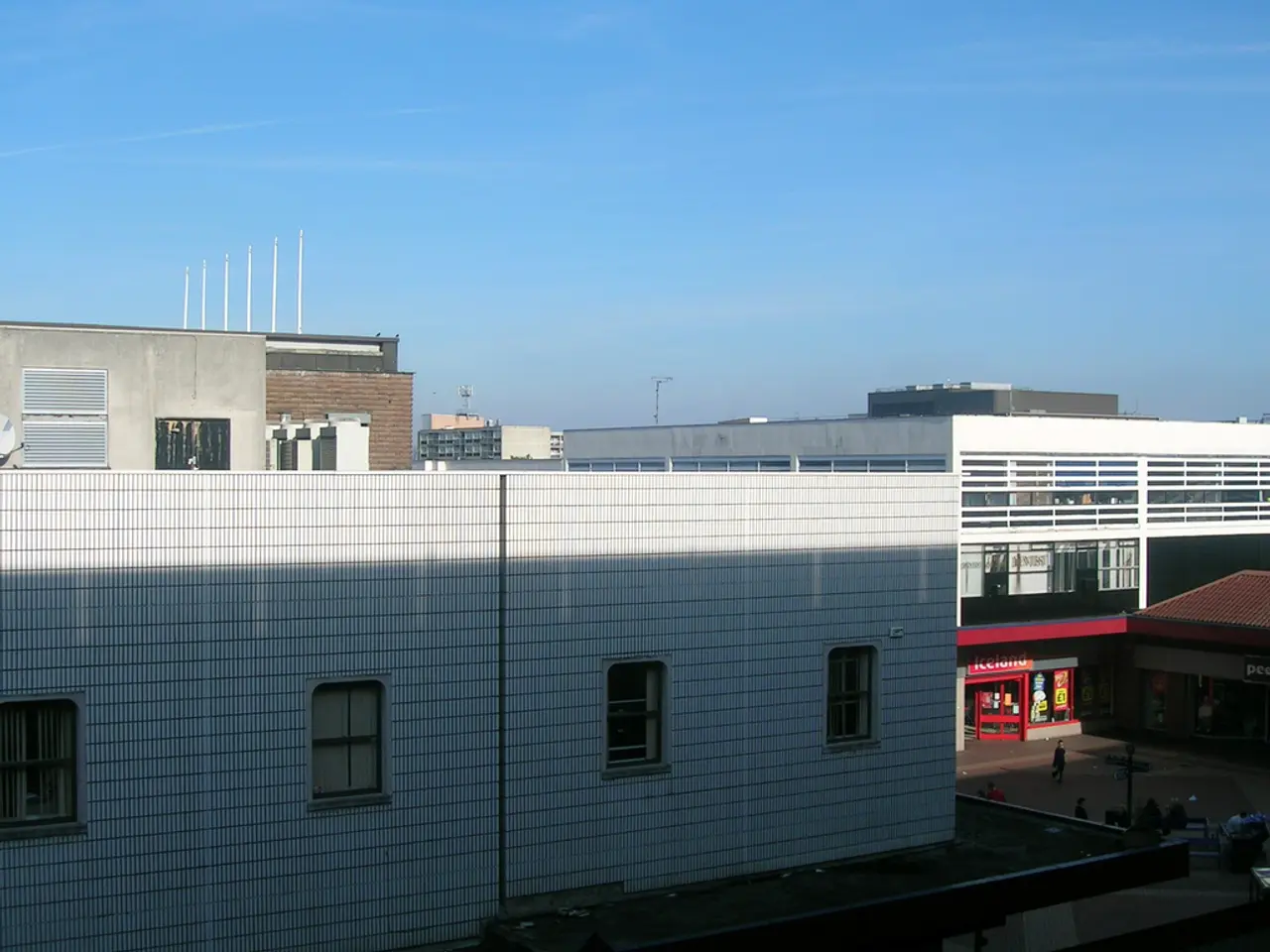DHS ordered to enhance facilities for migrant detention centers in New York City, as stipulated by a court ruling.
Following a federal court order in August 2025, the migrant detention facility at 26 Federal Plaza in New York City has been mandated to improve its conditions and reduce overcrowding. Operated by ICE on the 10th floor of the Jacob K. Javits Federal Building, the facility has been the subject of multiple lawsuits and media investigations, revealing severe overcrowding, unsanitary conditions, and prolonged detentions.
Court Order Requirements
A federal judge issued a temporary restraining order, prohibiting ICE from holding people in less than 50 square feet per person. The ruling also demanded the provision of sleeping mats, hygiene products, and confidential lawyer access. The aim was to end extreme crowding and improve privacy and hygiene within the facility.
Pre-Existing Conditions
Before the order, detainees were confined in overcrowded rooms without beds or showers, forced to share one or two toilets separated only by waist-high walls with dozens of others, often resorting to aluminum blankets for privacy when using toilets in open view. Videos showed people lying on concrete floors on thermal blankets.
Legal and Advocacy Actions
Immigrant rights groups filed a class action lawsuit alleging inhumane and abusive conditions, lack of access to medical care and legal counsel, and prolonged detentions in a place meant only for processing and short holding periods. Several U.S. members of Congress requested but were denied access to inspect the facility.
Health Professional Concerns
New York physicians attempted to inspect the site to assess conditions after reports of health abuses but were denied entry by security. Medical experts describe the site as "a place of health abuse," noting zoning law violations because the building is not residential and lacks proper detention infrastructure.
ICE Practices
ICE arrests migrants who come to the building to renew documents, often detaining them on the very floor turned temporary detention center before transferring them elsewhere. These detainees are sometimes migrants legally residing in the U.S. but apprehended by ICE inside the building.
While the court order mandates improvements, reports from mid to late August 2025 suggest that enforcement and compliance are ongoing processes. Continued calls from advocates and medical professionals for better transparency, inspection access, and humanitarian conditions at the facility have been made. Our website has requested comment from DHS on the judge's order, and the Department of Homeland Security has disputed claims of overcrowding and unhygienic conditions at the facility. However, a woman detained at the facility was not able to obtain menstrual products, according to the complaint filed by the ACLU and other civic groups.





